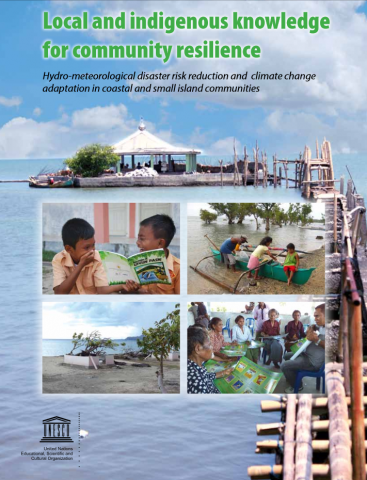Strategic directions: strengthening national platforms for disaster reduction – with experience in Kyrgyz Republic
The strategic directions on strengthening National Platforms for Disaster Risk Reduction are intended for use by all stakeholders as a guiding document or manual, which proposes a list of rational options of organizational and practical actions that aim at strengthening the capacity, increasing efficiency and effectiveness of national platforms for disaster risk reduction. The given […]


